The line where the city of Charleston ends and the Atlantic Ocean begins is a blurry one, especially come summer when the area’s salt marshes, tidal creeks, rivers, estuaries, and beaches become our watery playground. (Or any day that it rains at high tide.) In honor of World Oceans Day (June 8)—which was established in 1992 by Canada’s International Centre of Conservation during the United Nation’s Earth Summit in Rio de Janeiro—we sat down with Albert George, the director of conservation at the South Carolina Aquarium, to talk about the unique issues facing the Holy City’s fragile waterways and the surrounding coastal landscape. “I’m fighting for home,” says the Lowcountry native, who hopes future generations will know the joy of a morning marsh walk and of sinking their toes in pluff mud.


Tell us a bit about you and how you became involved in conservation. What was the moment you knew this was your calling?
That’s a funny story by the way—I was in college, a freshman, and I heard about a trip going down to the Florida Keys for the weekend. All I heard was ‘Florida Keys’ and ‘free,’ and basically, I went on this trip just thinking I was going to get a free vacation. What ended up happening was we visited six marine labs on our way down to Long Key, and it literally transformed my life. I fell in love with the topical area and decided I wanted to be a marine biologist.
What is the biggest issue facing conservation today?
I think — not to get philosophical, but let’s actually start scientifically. I believe that global climate change and sea level rise are of critical concern for us all. They have implications for everyone on Earth. Plastics and the rise of plastics and aquatic debris is also of global concern. Beyond the science and speaking philosophically, I think the current tone and climate (no pun intended) around the distrust of science that’s arisen is of extreme concern. Everything around us is predicated by scientific advancement, and now to have a culture where we don’t have this, but view science in a derogatory sense, it goes against us a humankind..

What are the issues unique to Charleston’s coastal landscape?
I think every place has different features. One of the things I love about the Lowcountry is the interconnectivity and interplay between water and land. It’s what makes this place so special, but it’s also what makes us vulnerable to things like sea level rise. We are looking at 6 feet over the next 84 years and 1 foot over the 30 years, that would cause dramatic change on a scale that we haven’t seen in recent human history.
“Southern men pride themselves on being able to dress up nice when we need to, but also picking up a shovel or shucking some oysters if we need to.”


How can people support the efforts of conservation?
One of the things that I have been involved in since I started here is how to engage everyone in conservation efforts. One of those is our Citizens Platform. We not only want to make you aware of the problem but encourage you to become part of the solution. How do we implore you to join us on this journey of getting the needed data and empowering informed decision making? How do we address these issues and mitigate the risks? Another thing that I love—our mission is just to be involved. Get a membership to the aquarium—seventy-four cents of every dollar spent here goes back to support our mission.
Describe your daily routine from 7 am to 7 pm.
I get up very early to think and reflect. I spend a lot of time thinking about how we can advance things, especially our programming. How do we promote us being the South Carolina Aquarium and not just the Charleston Aquarium? How to we reach more people? My morning routine is thinking about all of these issues. Then, I get down to business about what I need to do to make these things happen. Work with the team on outreach and developing relationships throughout the community. That involves me being out of the office, and working within the community. I really enjoy being out with people, engaging them on the issues, and more importantly, letting them know that we are here for them and help them make their community a better place for a long time to come.


What is your favorite thing about the summer season in the Lowcountry?
I am a Lowcountry guy. I’m from this part of the world. I love the heat and the humidity. I just love being here. My perfect day would be—I’m partial to the marsh more than the beach—my perfect day would be spent in or near a marsh walking barefoot.
How would you describe your summer style?
The thing that I love about what I do—clothing is all about functionality. I literally had a conversation about this in a pub two days ago—we were talking about the difference between a Southern gentleman and men from other parts of the world. Southern men, we pride ourselves on being able to dress up nice when we need to, but we pride ourselves also on if we need to pick up a shovel and get down a do some oyster shucking or whatever we need to do, we like that versatility. We like to be able to go from an early morning walk in a marsh and then midday having lunch with friends to by nighttime, maybe there is some sort of shindig hoedown. So it’s versatility, comfort, and adaptability as well. Being able to move from different environments effortlessly. In a way you can say, “I’m ready for it all.”
“I am a Lowcountry guy. I’m from this part of the world. I love the heat and the humidity. I just love being here.”
What would you be doing if you were not a conservationist?
If I had another life to live, I would be a jazz musician. The bass would be my instrument. I would be somewhere plucking the bass living life as an alternative jazz musician. The 30’s would be great. There’s some overlap with conservation and jazz. Some people may say that conservationists heyday was 20-30 years ago. But we haven’t seen the results of that movement. You can make the same parallel with jazz in the 1950’s when you had the birth of the Cool and bebop. You could say there hasn’t been innovation since that time. The notion of if you could be living at this time helping people reconnect–I would probably be of this same mindset of right now. I would help people reconnect to the Golden Era. I want to live now, but harken back to this time and help people connect to this genre of music. That is the only unique music form that came out of America.


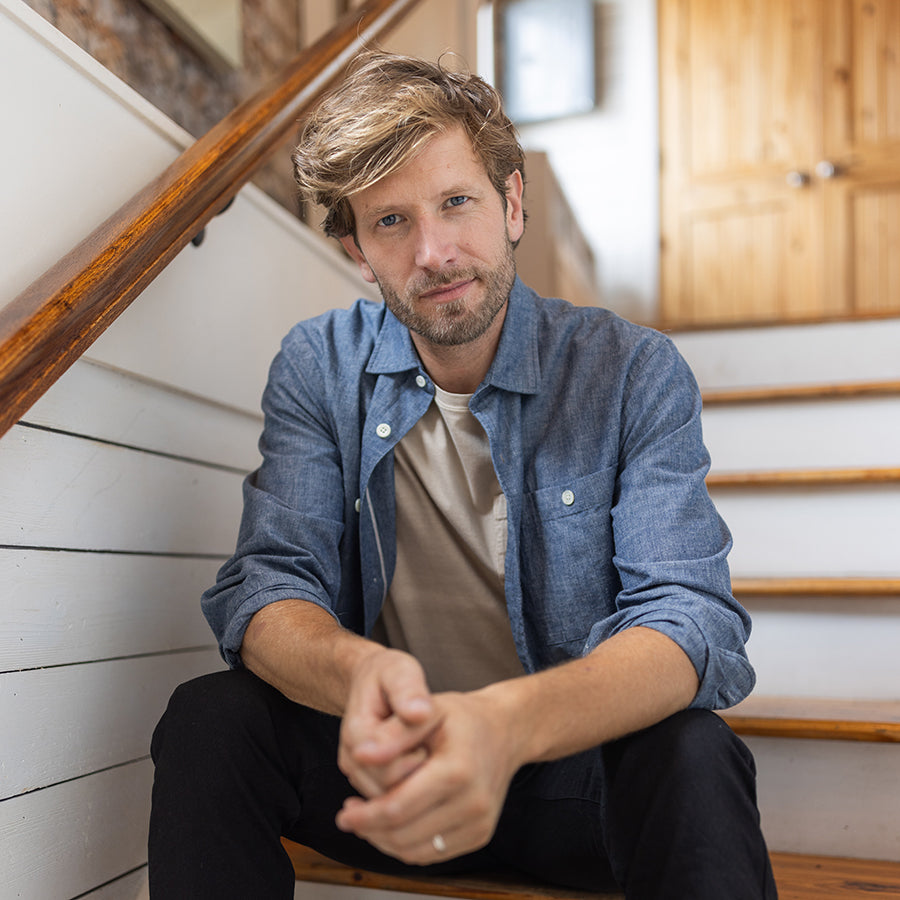
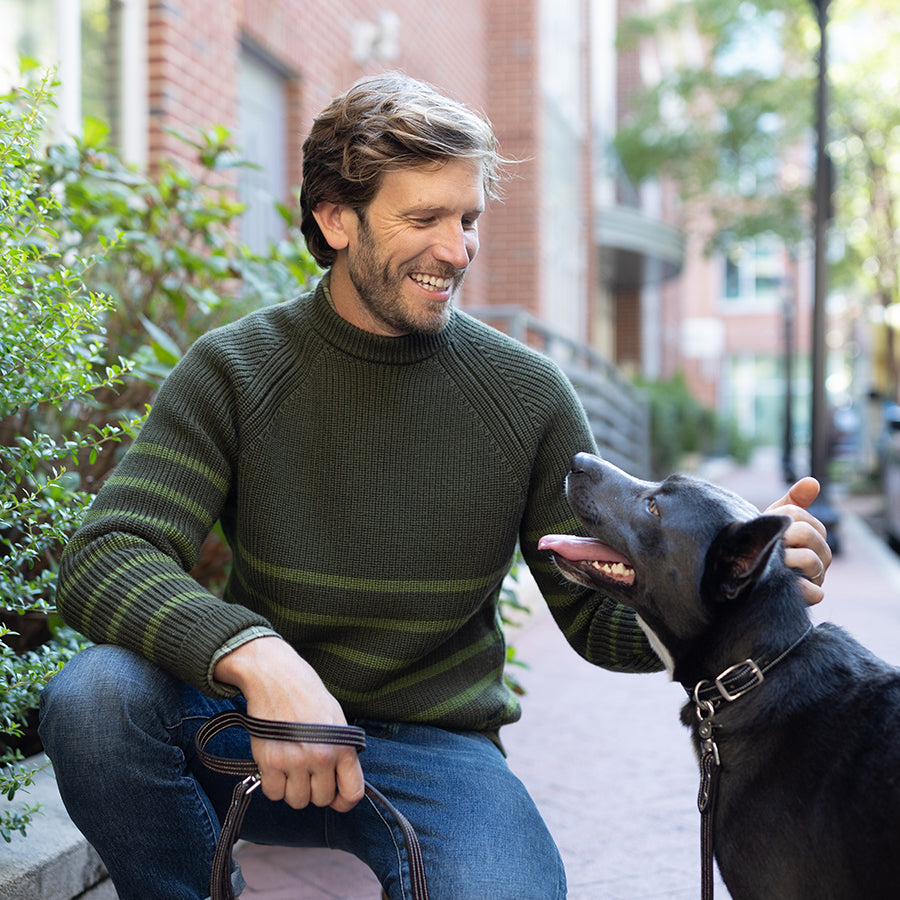
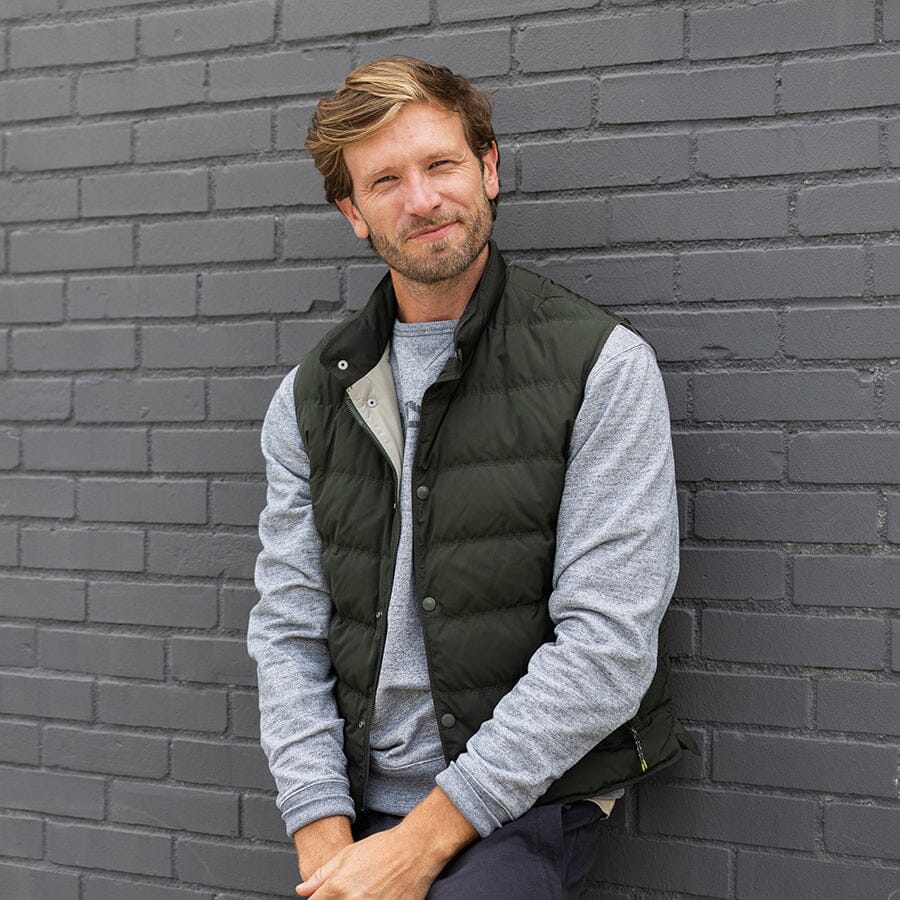
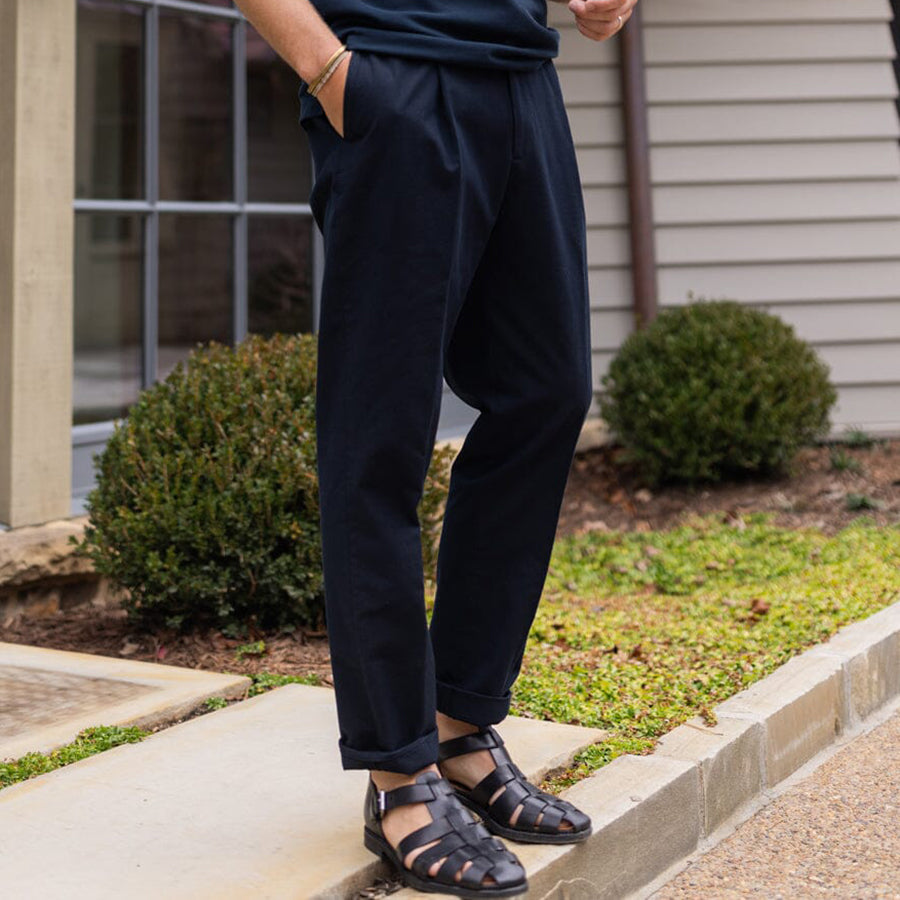
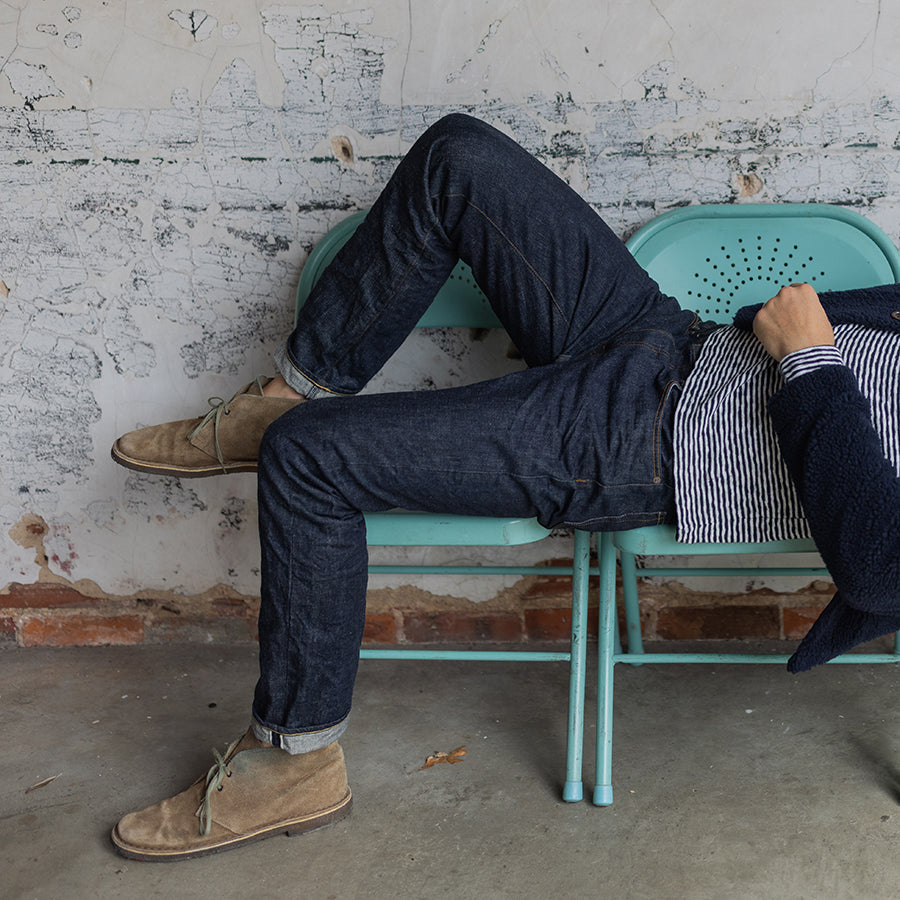
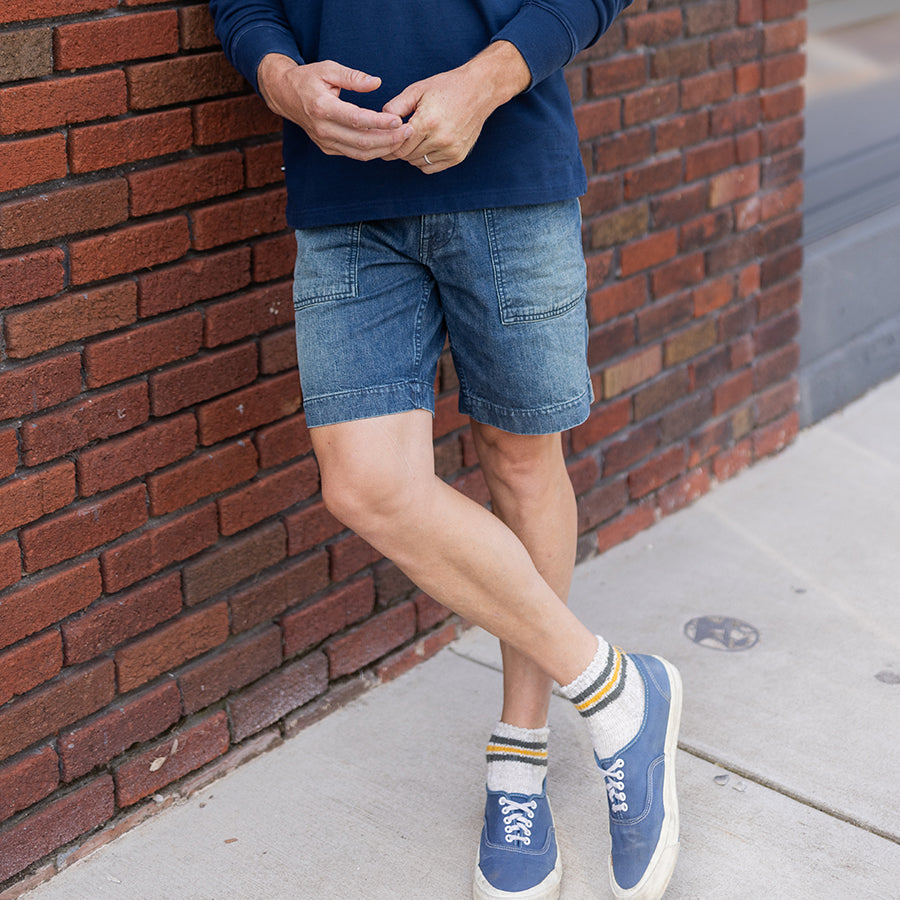
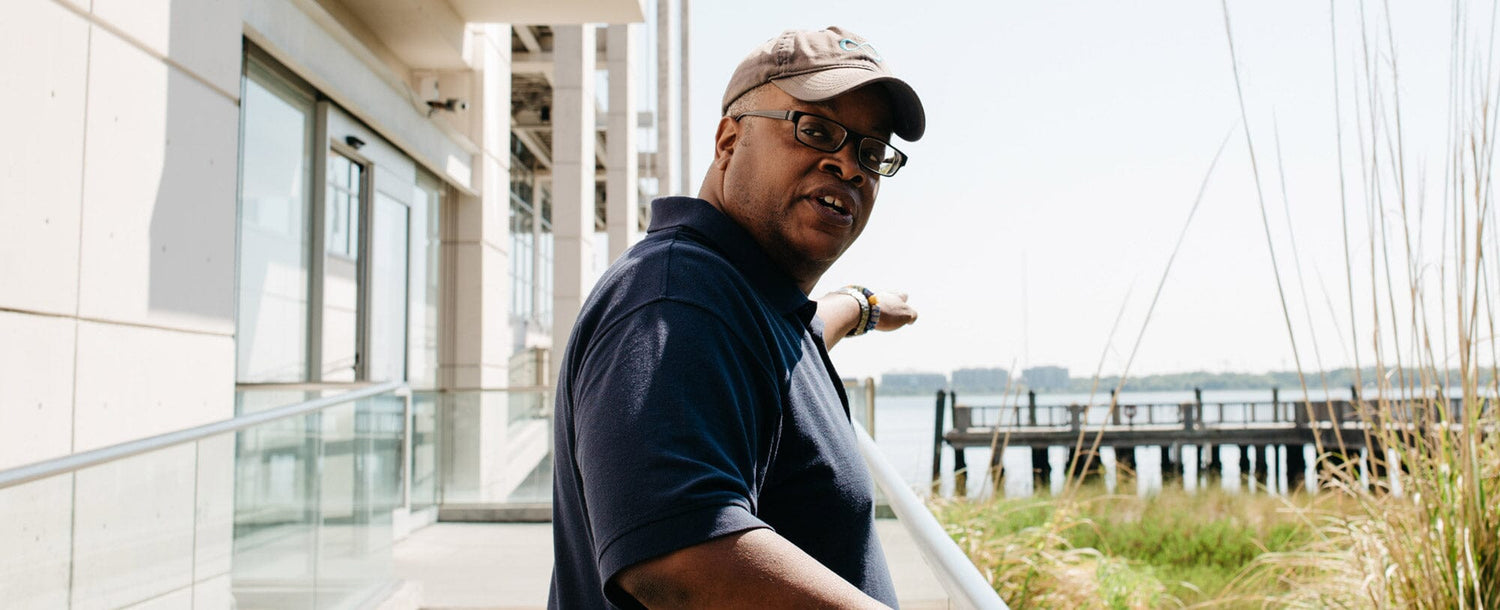
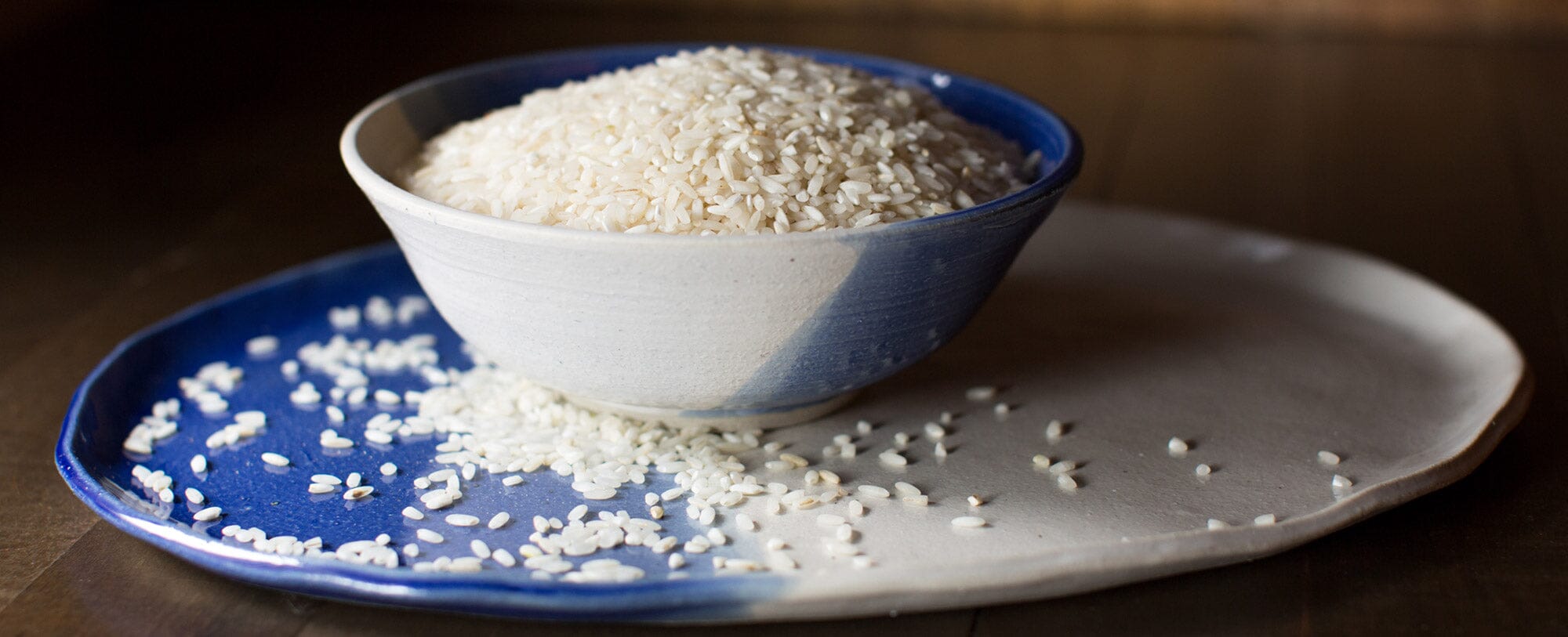
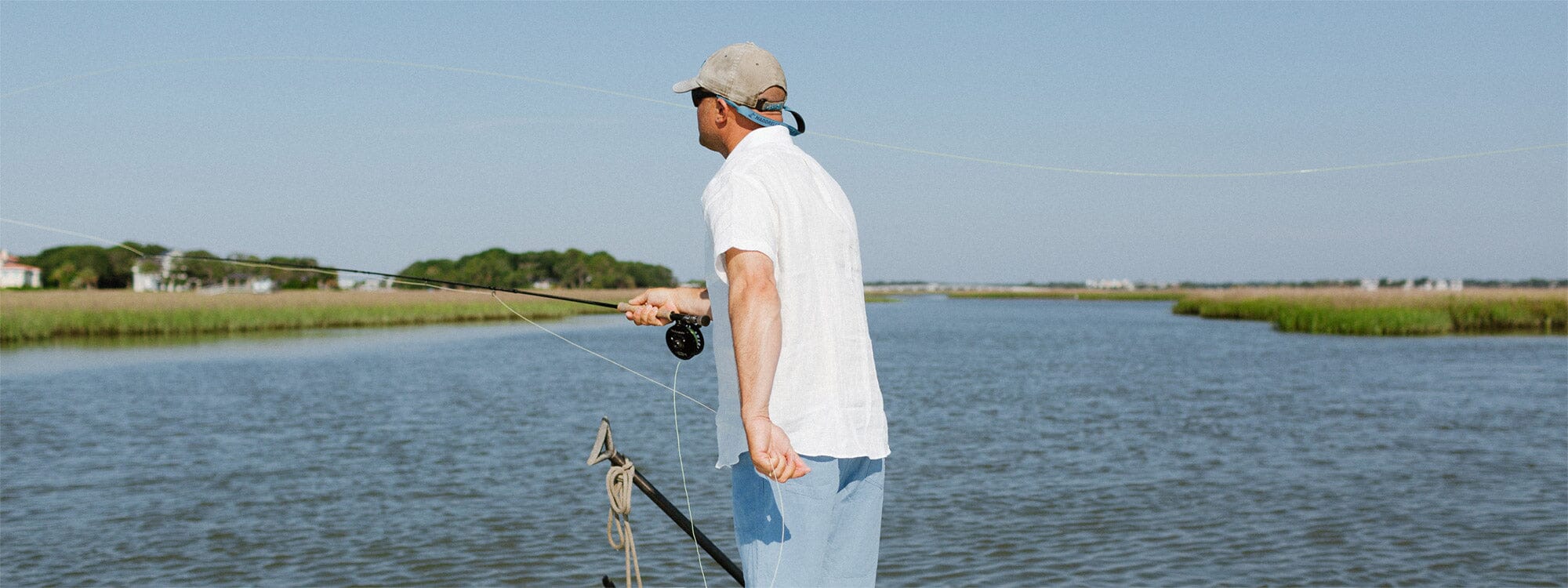

Leave a comment
This site is protected by hCaptcha and the hCaptcha Privacy Policy and Terms of Service apply.